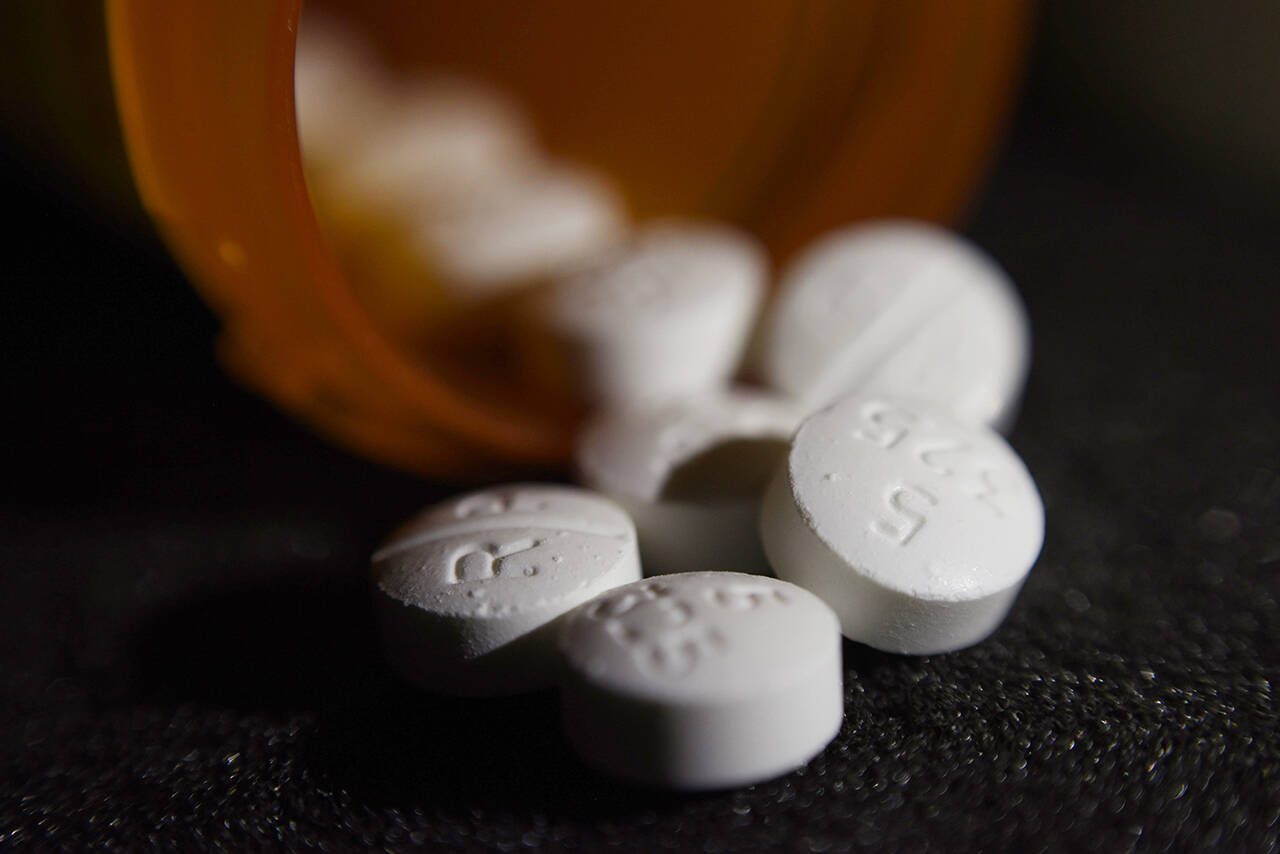MARYSVILLE — The Marysville City Council in a work session Monday pushed forward an ordinance criminalizing possession of controlled substances and removing requirements that police refer people to treatment before they can be arrested.
The ordinance, which still needs final approval, would increase criminal charges for drug and paraphernalia possession from misdemeanors to gross misdemeanors.
Marysville became the latest in a number of cities seeking to fill a void after state lawmakers failed to agree on a statewide strategy for dealing with drug possession in the last legislative session, in light of the state Supreme Court’s ruling effectively decriminalizing drug possession in State v. Blake.
Once approved, the Marysville changes will take effect July 1, when the state law governing drug possession is set to expire.
Part of the reason for the ordinance change in Marysville is to allow for a longer statute of limitations due to a large backlog in drug testing at the state crime lab, Marysville Police Chief Erik Scairpon said.
The vote by the Marysville City Council comes as Washington Gov. Jay Inslee announced Tuesday he was calling state lawmakers into a special session May 16 to pass a new drug possession law.
“What’s been happening in the state over the past couple years hasn’t worked,” Marysville Mayor Jon Nehring said. “I don’t think the intentions were bad, it just hasn’t worked. When you remove accountability, you don’t help society as a whole and the victims of these crimes, but you also don’t help the person addicted to drugs because they’re all out on the streets, and a lot of them are dead or have lost anything and everyone that has ever cared for them.”
Opioid overdose deaths in Washington doubled between 2019 and 2021, according to state health data.
“These are problems that are affecting all of our communities and we really do need effective solutions,” Scairpon said Tuesday. “We know that law enforcement is kind of like that last stop, a Band-Aid.”
In the absence of state rules, a bipartisan group of Snohomish County mayors have been meeting — 16 in all, now, Nehring said — to take matters into their own hands after the Blake Bill legislation was voted down in the last hours of the session.
Mayors in Snohomish County did not like some of the language in the bill, and having little local latitude for dealing with drug possession issues in their communities did not help. Some state legislators felt the same way, including Rep. Sam Low, R-Lake Stevens, who represents part of Marysville in District 39.
Low said if the bill remained as it was when it first emerged from the state Senate had been voted on, it would have passed. Low voted against the final version of SB 5536.
“There was no teeth to it,” Low said. “I don’t think the public wants that. I think the public wants to see people get help, but they want accountability at the same time.”
Mayor Nehring said local sticking points for that bill included regulations around harm reduction sites and requirements for arresting someone on simple possession charges. According to the bill, law enforcement would have to witness the use of the drug in order to arrest someone for it.
“So things like that, if they’re corrected, I think you can get a solution,” Nehring said. “I’m optimistic they’ll get there in a special session, but if they don’t, the good news is that you’ve got cities all over this state enacting their own ordinances and we’ll be fine. It’s not the perfect solution, but we’ll be able to deal with it on a local level if the state doesn’t.”
Jordan Hansen: 425-339-3046; jordan.hansen@soundpublishing.com; Twitter: @jordyhansen.
Talk to us
> Give us your news tips.
> Send us a letter to the editor.
> More Herald contact information.

























